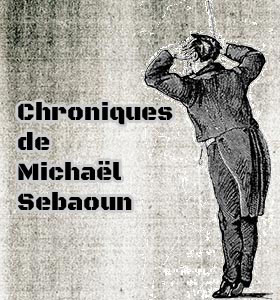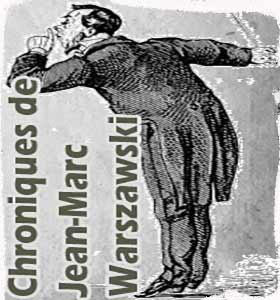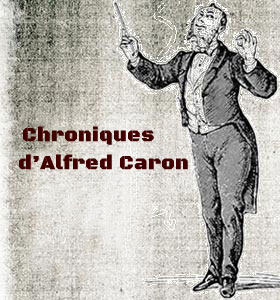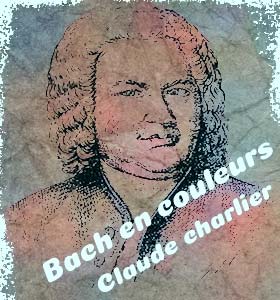International Workshop on the Research of Eastern, Southern and Northern European (Post)Modern Symphonies
19 November 2024, Budapest (Villa Hild)
Call for Papers
"It seems to me that the proof of the futility of the symphony has been established since Beethoven." (Debussy, 1901)
The Research Institute of Art Theory and Methodology of the Hungarian Academy of Arts cordially invites researchers, aestheticians, and critics to participate in our workshop on (post)modern symphonies from Eastern, Southern, and Northern Europe. It is widely acknowledged that after Gustav Mahler's death (or at least Alexandre Scriabin's), only a few symphonies (late works by Nielsen, Sibelius, and Schmidt, and further, R. V. Williams) gained recognition, and even fewer (Stravinsky, Hindemith, Honegger) were integrated into the global repertoire. It is also well-known that after World War II, a strong aversion to the genre developed in the aforementioned regions. To cite just three examples: Zoltán Kodály long responded to inquiries on the subject with Debussy's quoted statement, only to compose a Symphony in C major in his twilight years. Witold Lutosławski reported on the exhaustion of the genre upon completing his Symphony No. 2, yet he went on to compose two more. We might also mention Shostakovich's numerous doubts (and compositional difficulties) regarding the genre (while composing 15 pieces).
In this newly announced long-term research project (and scholarly dialogue), we aim to focus on symphonies born in non-central cultures (particularly outside Germany and France), primarily in Eastern, Southern, and Northern European musical traditions. (In special cases, we may refer to Western and Central European works as well.) Numerous surveys have revealed that many symphonies were composed in these cultures during the 20th century and continue to be written today. Although we can enumerate some internationally known symphonies from these regions, such as works by G. Enescu, M. Kalomiris, or G. Kancheli, they are rarely heard in concert halls. Regrettably or not, most (post)modern symphonies were performed only once or a few times, and even the most devoted classical music enthusiasts soon forgot them after their premieres.
Thus, our main topic will be: what can we do with this vast quantity of symphonies? Where do they stand in their respective national musical cultures and in European or universal music historiography? Are they merely outdated pieces without modern relevance? Have they become empty forms, having lost their intellectual, historical, social, and extra-musical content? (Cf. "A symphony besides being a good symphony, must now express the anguish of the age, or of some age past. There must be story, inner meaning, mystical significance – intellectual tendency." H. F. Chorley, 1854) Or is there a way to revive them (or some of them) in concert programs?
We invite colleagues to discuss this topic. In the first workshop, we aim to examine various interpretations of modern symphonies in European musical cultures. We would like to hear reports from colleagues on the general interpretation of modern symphonies composed in their musical cultures. As starting points, please consider the following questions:
Was there a great master who influenced their students to cultivate this genre?
Was there a conductor who supported composers in writing modern symphonies?
Was there a supportive audience for the newly born pieces?
What is the history of these symphonies after their premieres?
What is their place in the national and European canon?
Where can we find them? Is there a good archive collecting them?
What interpretational narratives are associated with them? Did the narrative change after the Communist period?
Our first workshop will be organized in cooperation with the Hungarian Academy of Sciences and Hungarian Academy of Arts on "The Day of Science".
The program will be held at the headquarters of the HAA Research Institute of Art Theory and Methodology: Villa Hild (Budapest, 1121, Budakeszi út 38) on 19 November 2024.
We welcome applications to present a paper, exhibit a poster, or participate in the round table discussion.
Please submit your abstracts and short biographies by 22 August 2024.




 À propos - contact |
S'abonner au bulletin
| Biographies de musiciens | Encyclopédie musicale | Articles et études | La petite bibliothèque | Analyses musicales | Nouveaux livres | Nouveaux disques | Agenda | Petites annonces | Téléchargements | Presse internationale | Colloques & conférences | Collaborations éditoriales | Soutenir musicologie.org.
À propos - contact |
S'abonner au bulletin
| Biographies de musiciens | Encyclopédie musicale | Articles et études | La petite bibliothèque | Analyses musicales | Nouveaux livres | Nouveaux disques | Agenda | Petites annonces | Téléchargements | Presse internationale | Colloques & conférences | Collaborations éditoriales | Soutenir musicologie.org.
Musicologie.org, 56 rue de la Fédération, 93100 Montreuil. ☎ 06 06 61 73 41.
ISSN 2269-9910.

Jeudi 8 Août, 2024

 09 août 2024
09 août 2024